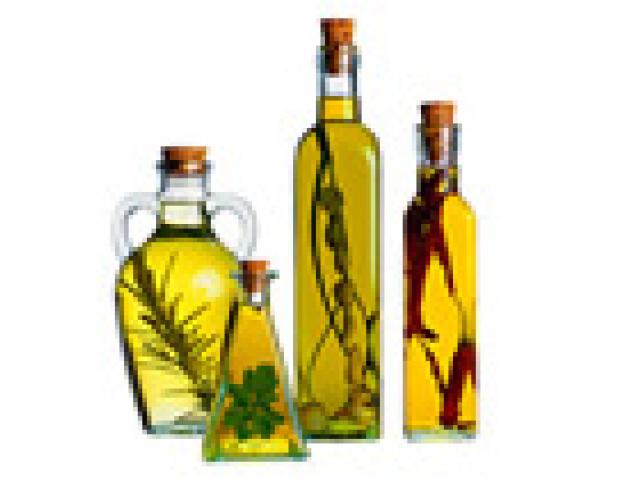Easter in the Garden of Christ

FULTON, Maryland Long ago, in a land far away, there lived a man who was fully God and, at the same time, completely man. This Jesus walked on the earth for a time amidst the people, plants and other wonders he had created.
While most theologians and scholars look at the people Jesus interacted with, it seems a closer look at the plants may also give some deeper insights into the writings that record the life of Christ.
Dr. James Duke might not appear to be a noted scientist when he is out in his garden barefooted, but he has been studying plants for decades. One of his recent books, entitled Herbs of the Bible, talks about plants such as aloe, cinnamon, grape, nettle and more than forty other herbs.
For this Easter season, CBN News talked to Duke about identifying some herbs connected to the life of Christ.
Duke said that "without the plant in hand, one can't be positive and we don't have what we call recorded specimens from Biblical days, so it's just a matter of taking the best interpretations and averaging them out."
The difficulties are obvious when it is known there are over 100 varieties of myrrh, for instance, in the land of the Bible.
The wise men brought some variety of myrrh as well as frankincense as gifts to the infant Jesus. So what do we know of the possible significance of these gifts?
- Frankincense apparently alludes to the divinity of Jesus. This tree resin burned in the worship of God produces a beautiful smell.
- Myrrh seems to emphasize His humanity and suffering. Ancient undertakers used a sweet-smelling myrrh to embalm the dead. In fact, the book of John (19:39-: 40) records the use of myrrh to wrap the dead body of Jesus.
Combined with the royal gold the wise men also brought, their treasures foretell a ruler both human and divine.
Years later, the cousin of Jesus, John the Baptist, would pave the way for the earthly ministry of Jesus as "a voice crying out in the wilderness." But was John's desert diet really wild honey and locustslocusts, as in those insects?
Duke said, "He may have, in fact, been eating the carob. He may have been eating the insects I've eaten locusts, too, but I prefer the plant kind of locust to the insect kind of locust myself."
While John may have been eating the sweet inner pulp of the carob plant, the prodigal son in Jesus' parable may have been craving, in his famished misery, pig feed the outer carob husks, or pods.
His hunger and misery eventually drove him into the open arms of his father, symbolizing God's open arms to those who realize the misery of their rebellion.
And one famished crowd that came to hear Jesus tell parables saw a miracle when Jesus made a feast from a boy's two fish and five loaves of barley.
"It was the food of the poor then, and even today I think it's not commonly used as a thing like wheat and even the rye," Duke said. Barley perhaps emphasizes the Messiah's compassion for the common man.
Later, when Jesus is sentenced to death as a common criminal, the prophecy of the frankincense and myrrh the divine and the human comes to fruition. Jesus, representing unrighteous humanity, will die to satisfy God's righteous wrath against man's rebellion.
And as Jesus approaches the hill called Golgotha for crucifixion the soldiers gave him "wine to drink mingled with gall."
"That very bitter gall may have, in fact, been what we call opium. Opium comes from the opium poppy. When the seeds start to germinate, the plant starts to make a little milk and in the milk, the gall of the Bible, according to some scholars you do get these narcotic alkaloids," Duke said.
But when Jesus tasted the gall, he would not drink it. In other words, Jesus would not hang on the cross drugged and unaware of the enormity of his sacrifice.
Following the grandeur of the death, resurrection and ascension of Christ, the symbolism of plants perhaps finds its ultimate Biblical expression in the future when Jesus returns to create the new Jerusalem.
"On each side of the river stood the tree of life, bearing twelve crops of fruit, yielding its fruit every month. And the leaves of the tree are for the healing of the nations." -Revelation 22:2b (NIV)
As science explores the plant kingdom, the knowledge gained gives us a closer look at the wonders of creation and the world of the Bible.





